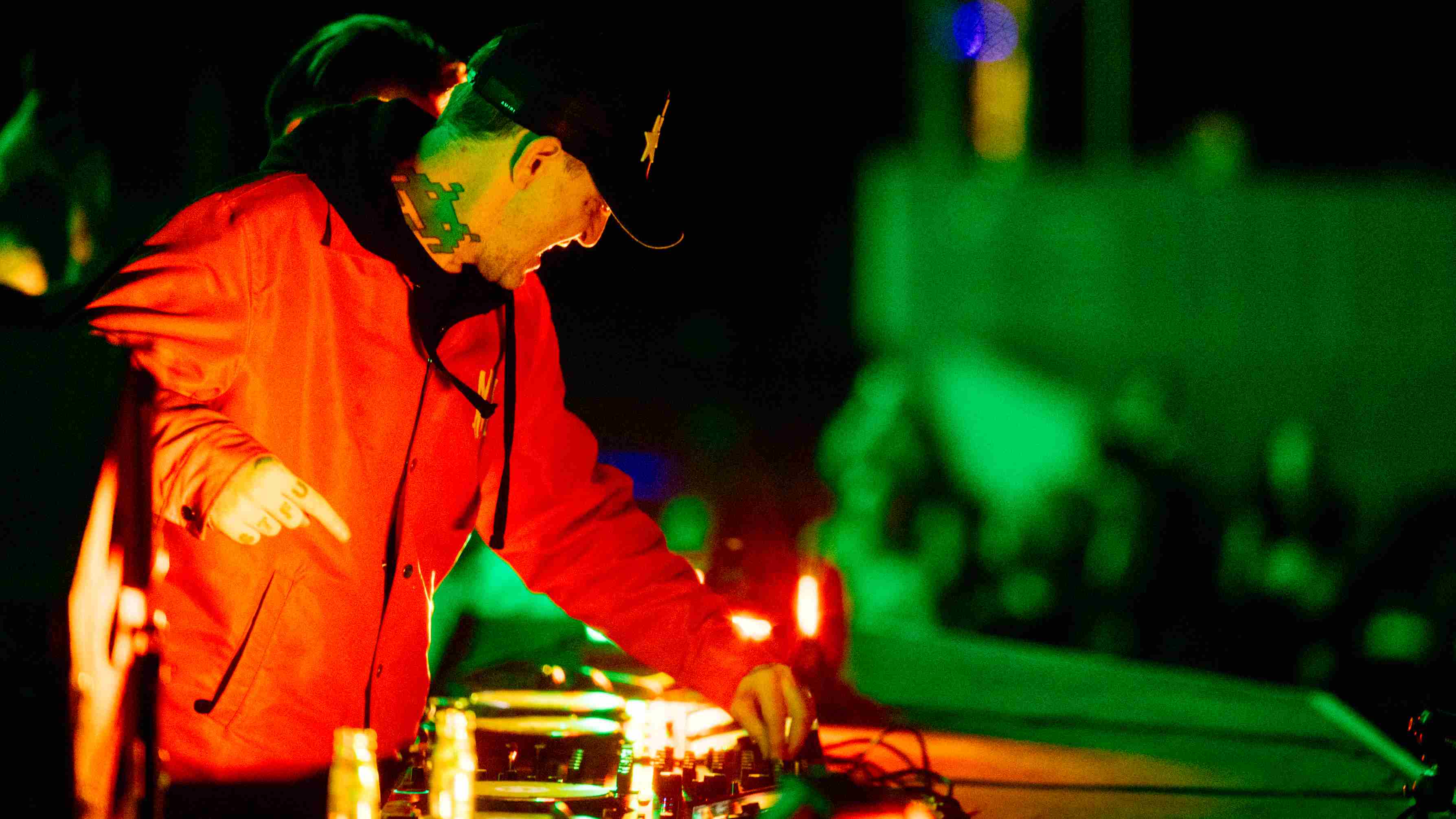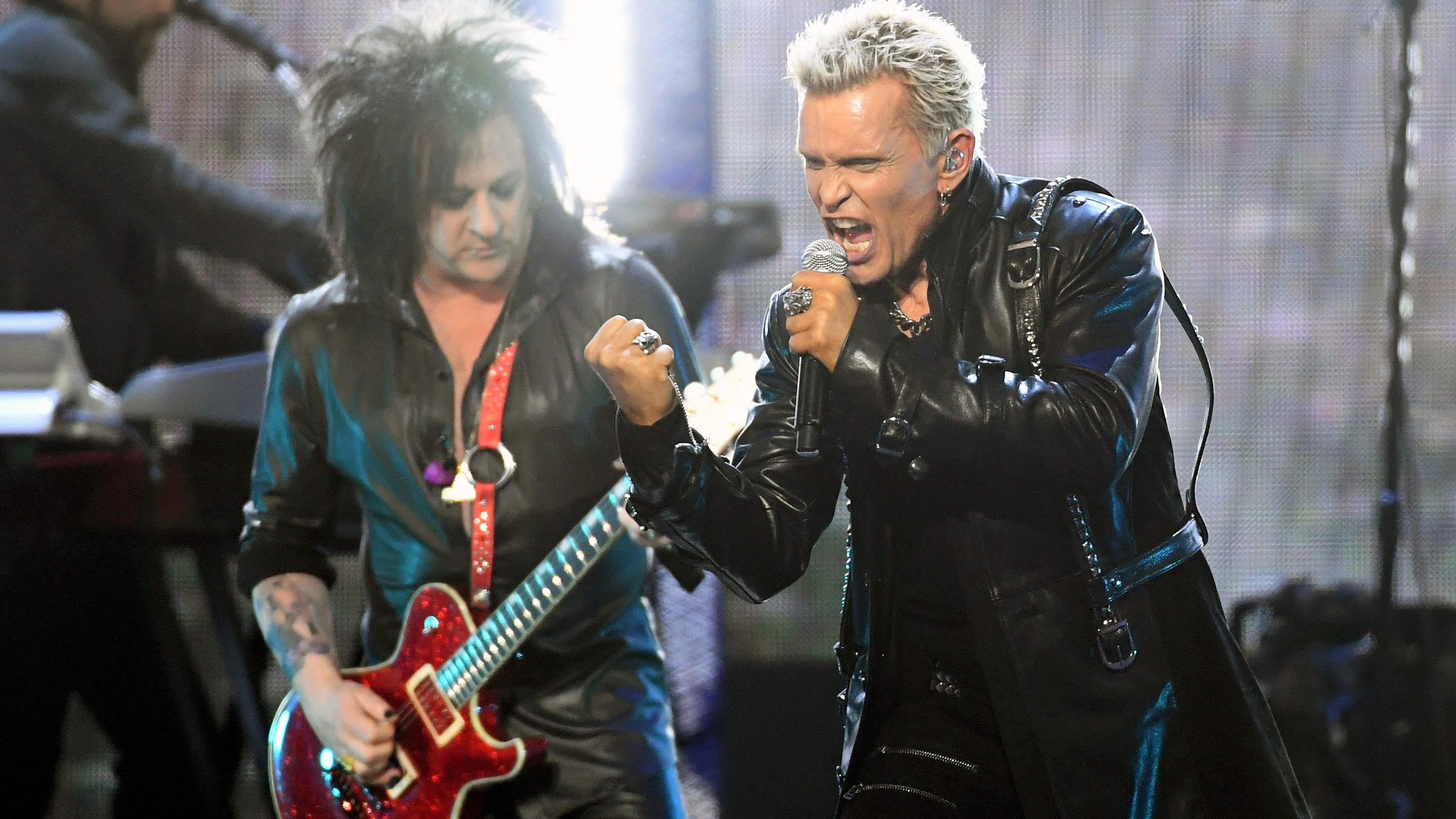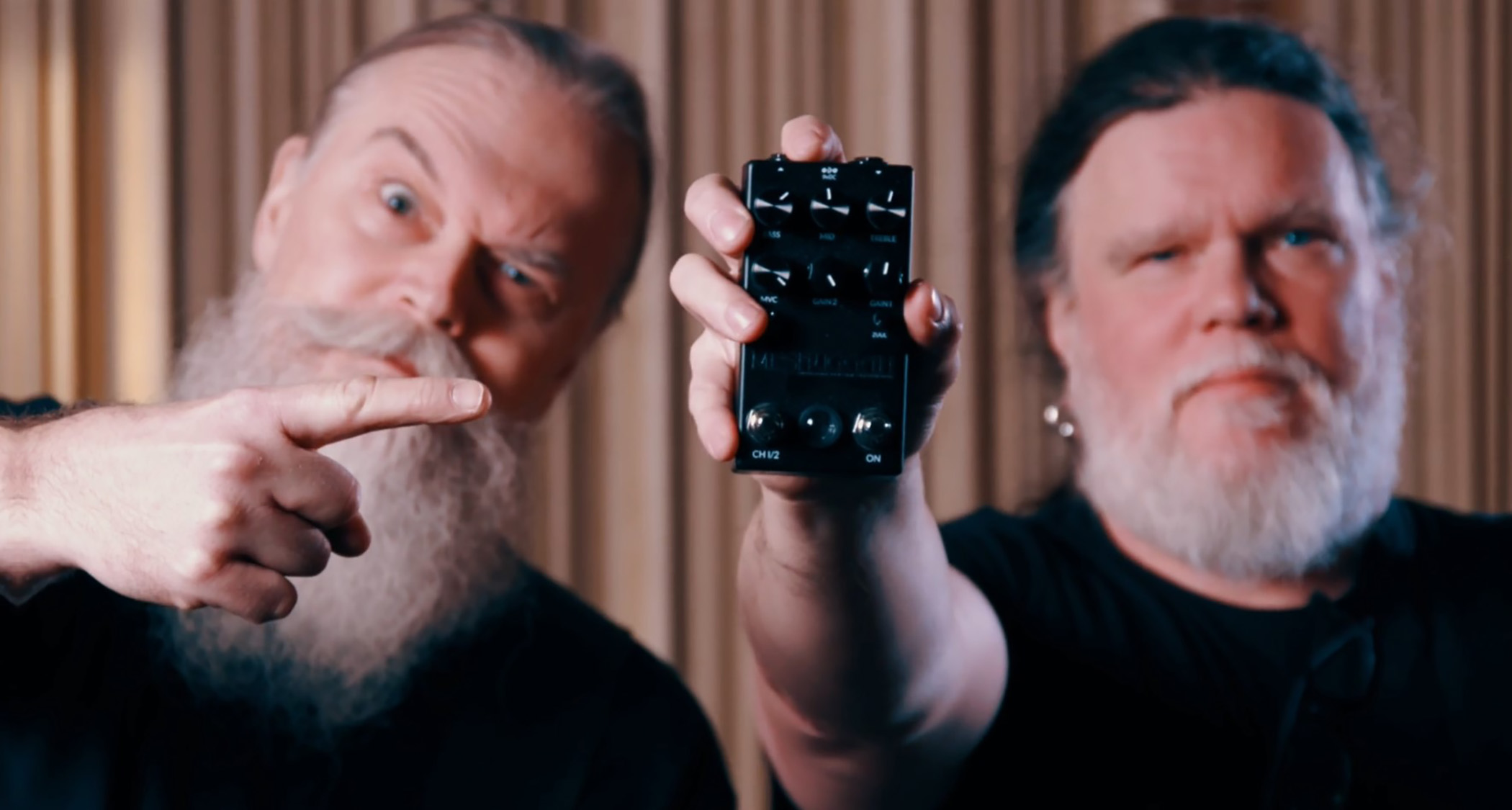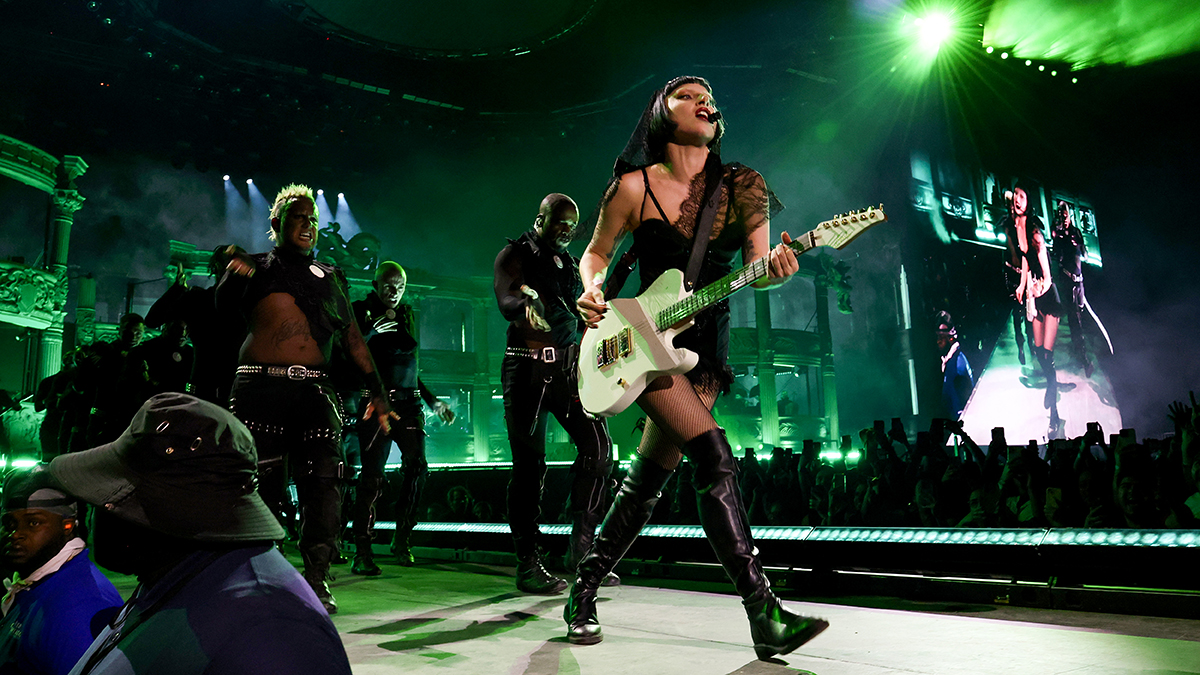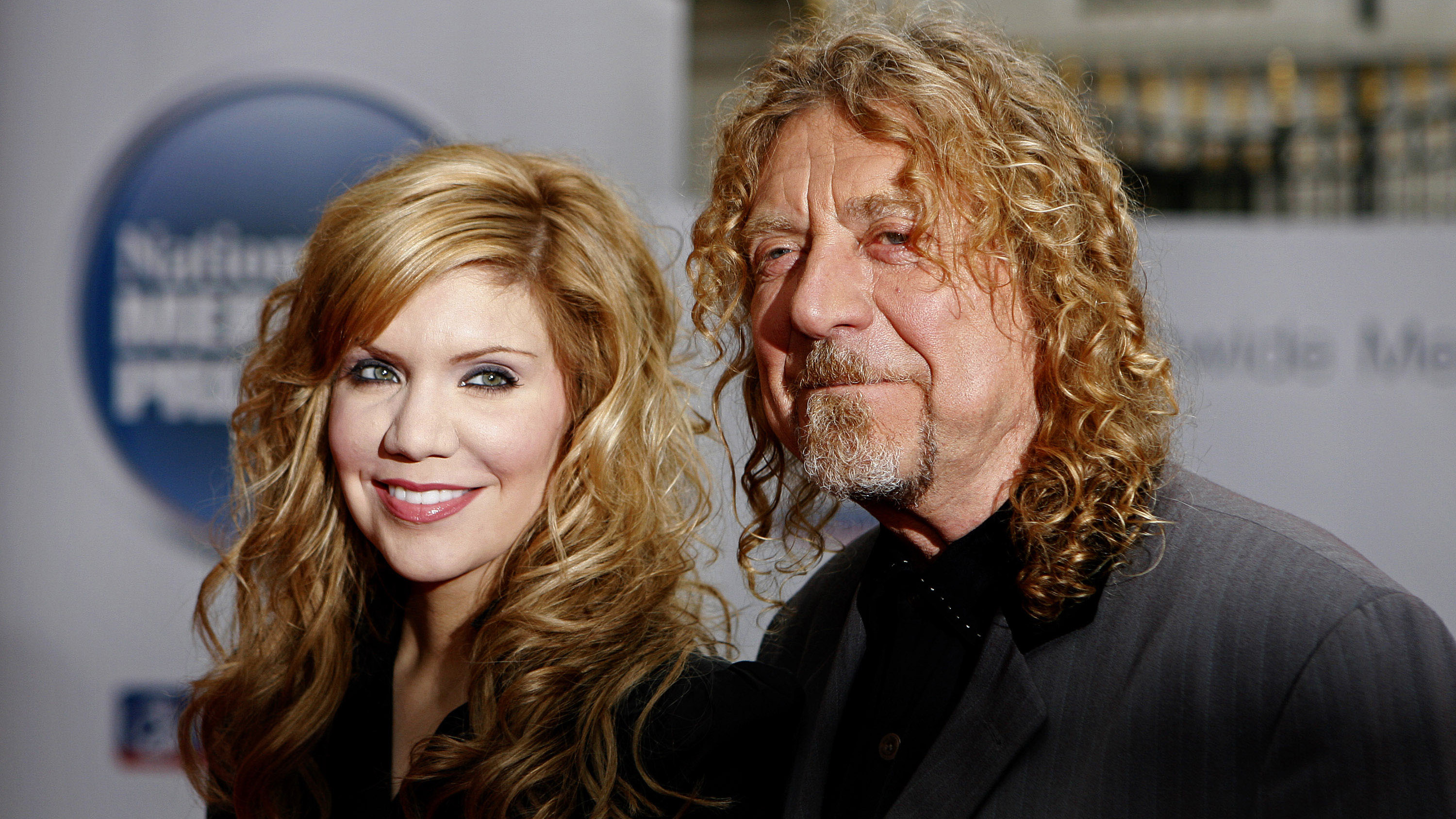"David Bowie said, ‘Have you got anything?’ Then I remembered these chords”: Ricky Gardiner on co-writing Iggy Pop's The Passenger
“Iggy recorded it on his mono battery cassette player with me playing it unplugged on the Strat"
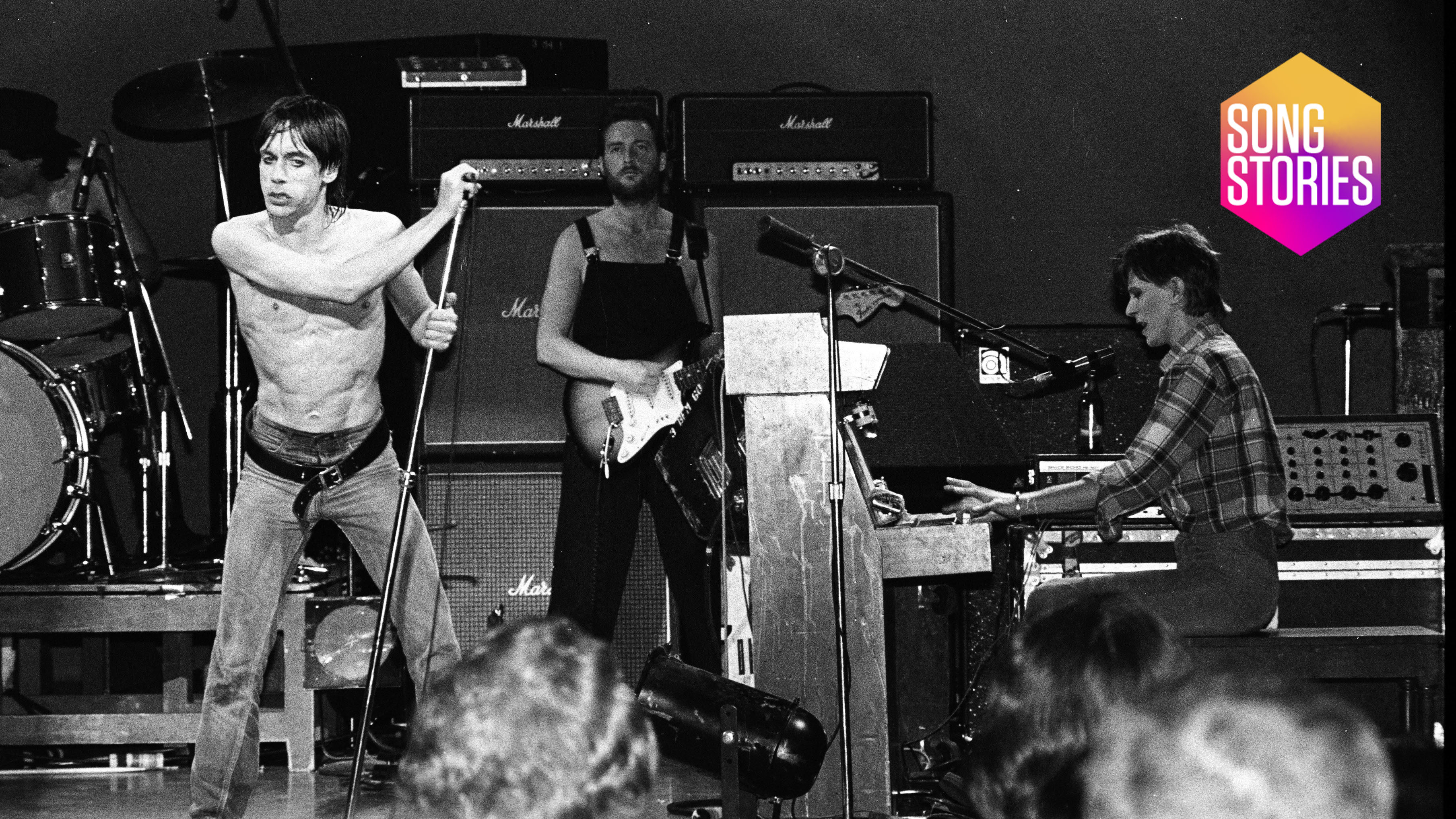
Punk forerunners The Stooges called it a day in early 1974 after revolutionising the rock ’n’ roll landscape, cutting three killer albums and producing some of the most exhilarating and crazed live shows the world had ever seen.
The ongoing heroin addiction of explosive frontman Iggy Pop was out of control, and had been for some time. But two years later – after successive doses of rehab – Iggy was ready to kick his musical career back on track, aided and abetted by close friend David Bowie, who’d long championed The Stooges and had produced their curtain-calling 1973 album Raw Power.
In 1976, Bowie took Iggy out on his Station To Station tour and, later that year, he swivelled back into the production chair for Iggy’s debut solo effort The Idiot, which was heavily shaped by Bowie’s own innovative synth obsessions.
The Idiot was released in March 1977 and, within the space of just a month or two, Bowie and Iggy were back in the studio to cut what would become the Lust For Life album. This was written and recorded in a comparatively short time, and displayed far more of the punked-up spontaneity that had made Iggy such an icon during the early 1970s. Both the thumping title track and The Passenger, with its hauntingly meditative riff and catchy Iggy/Bowie chorus, remain two of Iggy’s best-loved and most popular tracks to this day.
Immediately prior to the Lust For Life sessions at Berlin’s Hansa Studio complex, Bowie and Iggy had invited Edinburgh-born guitarist Ricky Gardiner to join them at the flat the pair were sharing in the city’s Schoenberg district. Gardiner, who had been heading up the prog rock band Beggars Opera since 1969 (as he still does to this day) knew the pair well, having played lead guitar on both Bowie’s 1977 Low album and on Iggy’s The Idiot tour.
I wasn’t paying any attention at all to what I was playing but I heard these chords and I thought, ‘Oh, I must remember that…
“It didn’t occur to me that they would want material,” Ricky told Total Guitar in 2012. “But then David said, ‘Have you got anything?’ And I said, ‘Oh well, no…’ to start with but then I remembered these chords.”
Indeed, Ricky had unknowingly written The Passenger’s mesmerising cyclic chord progression while traipsing around his Welsh garden early one fine spring morning.
Get the MusicRadar Newsletter
Want all the hottest music and gear news, reviews, deals, features and more, direct to your inbox? Sign up here.
“I was out walking around in the apple trees and it was apple blossom time,” he recalled. “I had an old Les Paul Junior round my neck and I was just wandering about and enjoying this fantastic spring morning. I wasn’t paying any attention at all to what I was playing but I heard these chords and I thought, ‘Oh, I must remember that…’”
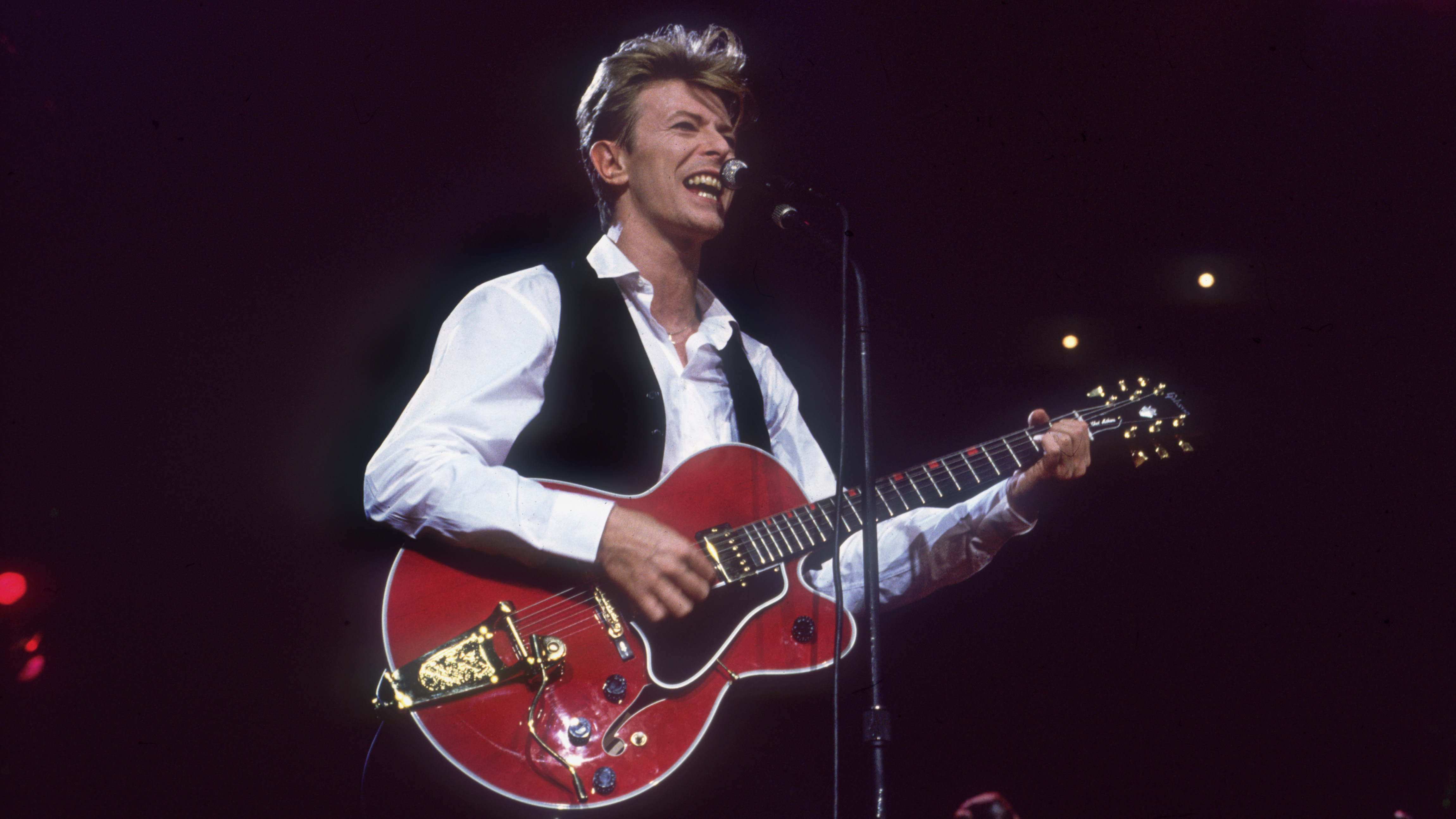
Back in Berlin, both David and Iggy adored the motif Ricky was strumming and it wasn’t too long before the song was complete. “Iggy recorded it on his mono battery cassette player with me playing it unplugged on the Strat,” explained Ricky. “And then he came back the next morning with the lyrics and that was it! There’s no middle eight, and it’s just those chords… It was very interesting working with Iggy and David because they were quite different, although they had a lot in common. David, being a Capricorn, likes everything rehearsed and ‘what’s going to be is going to be’. Iggy’s a bit more spontaneous.”
Ricky – who sadly passed away earlier in 2022 – remembered The Passenger was nailed in rapid time at the Hansa studio. He remembers the basic rhythm track of his own guitar, Tony Sales’ bass and Hunt Sales’ drums being cut live, while Iggy’s lead vocal (through a guitar amp, as Ricky recalls), Bowie’s backing vocals and Carlos Alomar’s guitar were overdubbed later. Carlos hadn’t yet arrived in Berlin when the initial tracking took place but Ricky believes he added undeniable genius with his Alembic six-string.
The bit I played is an alternating sequence in A minor but you have to get it right! It’s so easy to forget
“There’s a little bit of a riff [Carlos] does towards the end which is really magic,” noted Ricky. “But that’s Carlos – he can drop that stuff in… fairy dust, I call it… the dynamics are just what makes it.”
Gardiner played a ’68 Strat through a rented Marshall 50-watt head and a 4x12 cab. “It’s the one guitar that I’ve kept from the old bunch of guitars I had. It’s a great guitar with a birdseye maple single-piece neck, it’s as strong as an ox and it’s got an alder body. I’ve since put Seymour Duncan pickups on it.”
While The Passenger was never released as a single in its own right, the song has taken on a life of its own, being covered by numerous artists including Siouxsie And The Banshees, Michael Hutchence, REM and Beggars Opera.
So did Ricky have any tips for guitarists who want to learn to play his song? “I’ll tell you what’s difficult,” he said. “The bit I played is an alternating sequence in A minor but you have to get it right! It’s so easy to forget – ‘What was the last one? Was it the G or the E7th or whatever?’
"It becomes a kind of torture because there’s no variation and there’s no middle eight. It just goes on doing that and that alternating has to keep going. It’s a bit of a meditation to just keep your mind on it. You can’t let your mind wander or you’re gone! I’m not sure it’s completely correct on the record. I haven’t checked but Iggy never looked for refinement anyway…”
Paul Weller on The Jam's Going Underground: “It wasn’t one of those tunes where I came in the studio and had it all written. We jammed on it quite a bit.
“It is ingrained with my artwork, an art piece that I had done years ago called Sunburst”: Serj Tankian and the Gibson Custom Shop team up for limited edition signature Foundations Les Paul Modern
“The last thing Billy and I wanted to do was retread and say, ‘Hey, let’s do another Rebel Yell.’ We’ve already done that”: Guitar hero Steve Stevens lifts the lid on the new Billy Idol album



